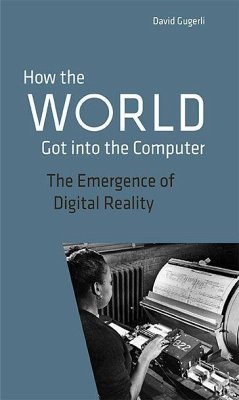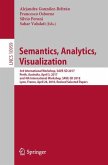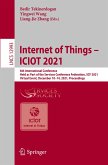Around 1950, computers learned how to sort numbers and words. Immediately, many questions arose. What could be done with such a machine? How should its space be set up and governed?Moving the world into the computer meant rethinking many things. Bank transactions, spa guests, and terrorists, to name but a few, had to be "formatted" so that they could be dealt with in the machine. In doing so, managers, programmers, and users created a digital world that offered new ways of classifying things and organizing complex relations. Some people even linked machines, combined data, and shared programs. And computers designed to sort personnel unexpectedly became personal computers. This elegant essay explores how and why.
Hinweis: Dieser Artikel kann nur an eine deutsche Lieferadresse ausgeliefert werden.
Hinweis: Dieser Artikel kann nur an eine deutsche Lieferadresse ausgeliefert werden.








